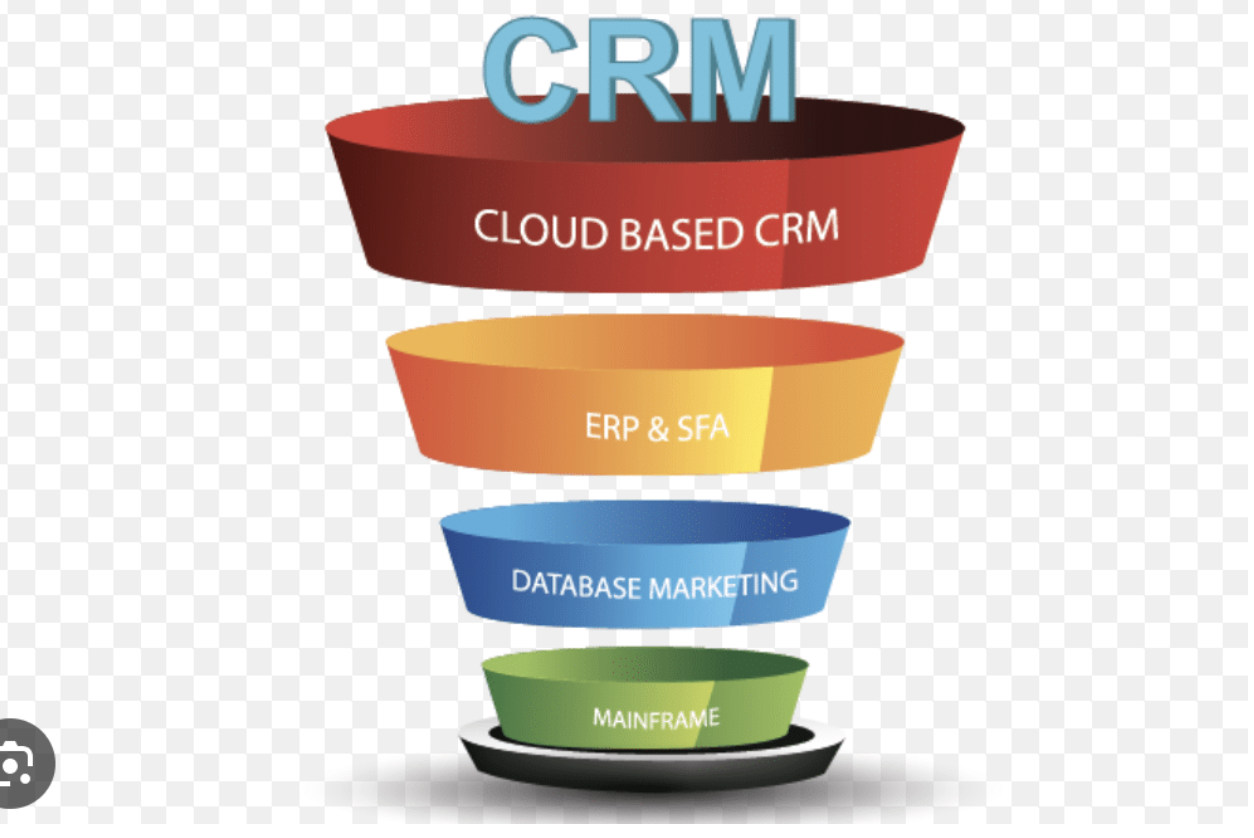Introduction
In the fast-paced world of business, establishing strong and long-lasting relationships with customers is a top priority for companies across industries. Customer Relationship Management (CRM) has played a vital role in this endeavor, evolving significantly over the years. From its early days of basic data management to the modern era of personalized customer experiences, CRM has undergone a remarkable transformation.
Understanding CRM and Its Early Days
Definition of CRM
CRM, or Customer Relationship Management, refers to the strategies, practices, and technologies that companies employ to manage interactions with their customers. The main goal of CRM is to improve customer retention, boost sales, and enhance overall customer satisfaction.
Emergence of Data Management
The roots of CRM can be traced back to the 1980s when businesses started using databases to store customer information. This early form of CRM focused primarily on data management, allowing companies to keep track of customer contact details, purchase history, and preferences.
Early Challenges and Limitations
However, early CRM systems faced significant challenges, mainly due to their static and siloed nature. The lack of integration between different departments often led to disjointed customer interactions and limited insights into customer behavior.
The Shift to Customer-Centric Approach
Customer-Centric Philosophy
As businesses began to recognize the importance of customer relationships, the focus shifted towards adopting a customer-centric approach. It meant placing customers at the center of all business operations and decisions.
Integration of Customer Experience
In the 2000s, CRM evolved to encompass not just data management but also customer experience. Companies started integrating customer feedback and preferences to provide personalized services and tailored experiences.
The Role of Technology
Advancements in technology played a significant role in shaping modern CRM. Customer data became more accessible, and businesses leveraged analytics to gain valuable insights, leading to improved customer engagement and satisfaction.
The Importance of Data in Modern CRM
Big Data and CRM
The advent of big data further revolutionized CRM. With an ever-increasing volume of customer data, companies gained a deeper understanding of customer behavior, enabling them to make data-driven decisions.
Personalization and Customization
Modern CRM systems excel in personalization and customization. By leveraging customer data, companies can offer personalized product recommendations, targeted marketing campaigns, and tailored customer support.
Predictive Analytics
Predictive analytics is another essential aspect of modern CRM. By analyzing past customer behavior, companies can predict future needs and preferences, allowing for proactive customer engagement.
Mobile CRM: Enabling Seamless Interactions
The Rise of Mobile Devices
The proliferation of smartphones and mobile devices has reshaped CRM strategies. Mobile CRM allows sales representatives and customer support teams to access real-time data on-the-go, improving response times and overall efficiency.
Mobile CRM Benefits
Mobile CRM provides several benefits, such as enhanced productivity, improved collaboration, and the ability to engage with customers across multiple channels.
Challenges and Security Concerns
However, mobile CRM also comes with challenges, including data security and privacy concerns. Companies must implement robust security measures to protect sensitive customer information.
Social Media’s Impact on CRM
Social CRM Defined
The rise of social media has given birth to Social CRM, where companies interact with customers through social channels. Social CRM allows businesses to monitor customer sentiments, address complaints, and build meaningful relationships.
Leveraging Social Media Data
Social media platforms provide a wealth of data that companies can utilize to understand customer preferences, interests, and behavior.
Building Customer Relationships through Social Channels
By actively engaging with customers on social media, companies can humanize their brand and establish a sense of community, fostering long-term loyalty.
Artificial Intelligence and Automation in CRM
AI Integration in CRM
Artificial Intelligence (AI) has become a game-changer in CRM. AI-powered chatbots and virtual assistants handle routine customer inquiries, freeing up human agents to focus on more complex tasks.
Streamlining Customer Support
AI-driven chatbots provide instant and round-the-clock support, ensuring customers receive timely assistance and support.
Enhancing Sales and Marketing
AI’s predictive capabilities enable more targeted marketing campaigns and improved sales forecasting, leading to higher conversion rates.
Future Trends and Advancements
Augmented Reality and CRM
The integration of Augmented Reality (AR) with CRM opens up new possibilities for immersive customer experiences. AR can allow customers to virtually interact with products before making a purchase decision.
Blockchain Technology in CRM
Blockchain technology enhances data security and transparency, offering customers greater confidence in sharing their data and transactions.
Enhanced Personalization
As technology advances, CRM will continue to improve personalization, tailoring products and services to meet individual customer needs better.
Conclusion
The evolution of CRM has been nothing short of extraordinary. From its humble beginnings as a data management tool to the sophisticated systems we see today, CRM has revolutionized the way businesses engage with their customers. Embracing customer-centric strategies, leveraging big data, and harnessing the power of technology has made CRM a vital asset in delivering exceptional customer experiences.
5 Unique FAQs
- Q: Can small businesses benefit from using CRM?
- A: Absolutely! CRM systems are scalable and can be tailored to suit the needs of businesses of all sizes, including small and medium enterprises.
- Q: Is data privacy a concern in CRM?
- A: Yes, data privacy is a critical consideration. Companies must implement stringent security measures to protect customer data from unauthorized access.
- Q: How does AI enhance customer support in CRM?
- A: AI-powered chatbots provide instant and automated responses to customer inquiries, reducing response times and improving support efficiency.
- Q: Can AR revolutionize e-commerce through CRM?
- A: Yes, AR can transform the e-commerce experience by allowing customers to visualize products virtually, leading to more informed purchase decisions.
- Q: Is CRM limited to B2C businesses only?
- A: No, CRM is valuable for both B2C and B2B businesses. It helps maintain relationships with customers, clients, and partners across various industries.
